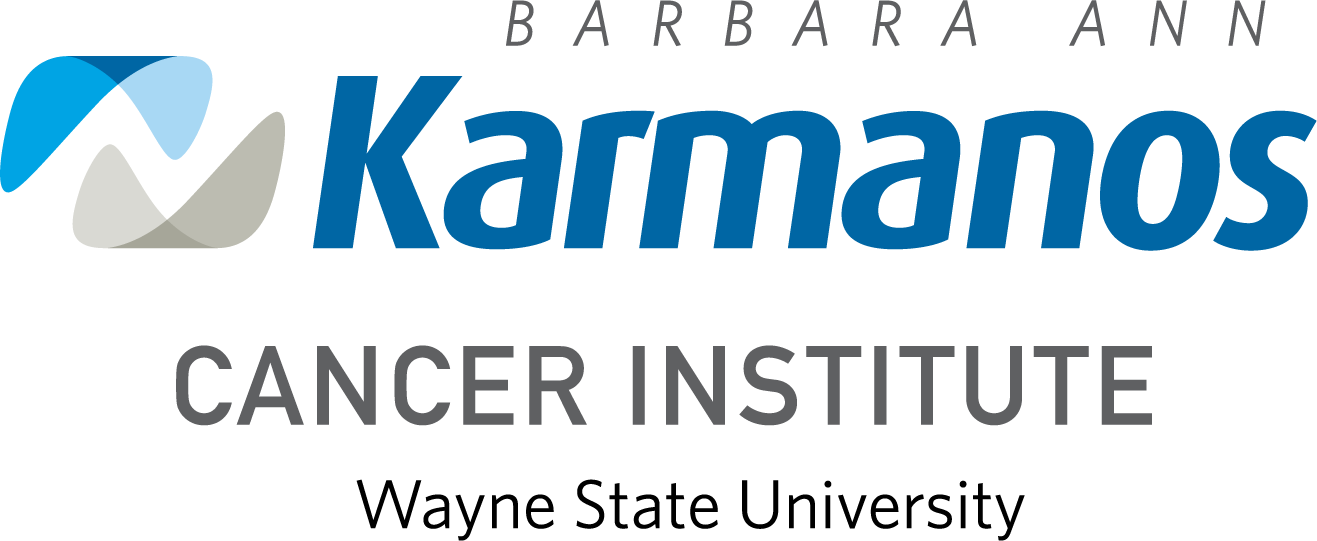
Dr Zonder on the Management of Bispecific Antibody–Associated Toxicities in Multiple Myeloma

Jeffery Zonder, MD, discusses the management of toxicities associated with bispecific antibodies in patients with multiple myeloma.
Jeffery Zonder, MD, leader, Multiple Myeloma Sub-committee, Barbara Ann Karmanos Cancer Institute, professor of medicine, Departments of Hematology and Oncology, Wayne State University School of Medicine, discusses the management of toxicities associated with bispecific antibodies in patients with multiple myeloma.
Many toxicities that commonly occur during treatment with cellular therapies and bispecific antibodies are related to the overactivation of the immune system, according to Zonder. For example, cytokine release syndrome (CRS) typically occurs early in the treatment course with CAR T-cell therapy or bispecific antibodies, he says. However, The incidence of CRS appears to be higher with CAR T-cell therapy, and is more variable with bispecific antibodies, Zonder notes.
With bispecific antibodies, this adverse effect (AE) is typically limited to the ramp-up dosing period of treatment and is generally grade 1 or 2, he adds. Therefore, the management of CRS with this drug class does not occur in an intensive care setting, Zonder explains. Management strategies for CRS may include steroids, tocilizumab (Actemra), or similar agents. Early recognition of this AE and quick treatment response is vital to mitigating symptoms and preventing CRS from worsening, Zonder says.
Neurologic AEs, particularly immune effector cell–associated neurotoxicity syndrome (ICANS), are also associated with this drug class, Zonder adds. These AEs manifest as early neurologic symptoms, including change in cognition, mentation, or level of alertness. Rarely, severe ICANS events are associated with seizures, Zonder notes; however, this is not commonly observed with bispecific antibodies.
Although neurologic AEs can occur with bispecific antibodies, ICANS events are generally less frequent and are primarily grade 1 or 2, he states. Similarly, the rapid administration of corticosteroids is a mainstay treatment for ICANS. In the event of a severe ICANS event, prophylactic anti-seizure agents should be considered, Zonder concludes.






































